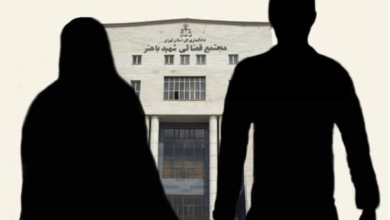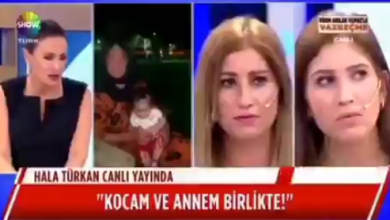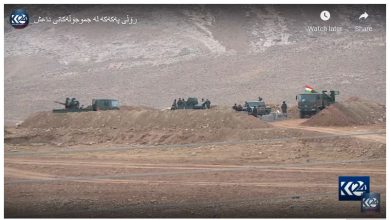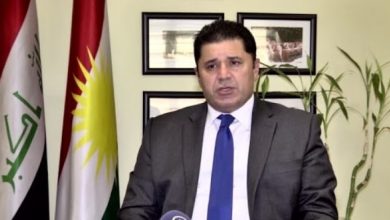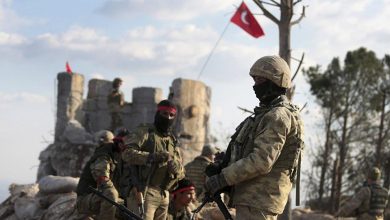The recent Iraqi parliamentary elections were not just an arena for political competition; they served as a test for the Kurds and their role in balancing power in Baghdad and achieving regional stability—a test intertwined with the threat of armed groups and the implementation of the Iran-Iraq security agreement.
By Dr. Zana Sadeqi
The recent Iraqi elections, held on November 11, 2025, were not merely a contest between Shi’a and Sunni parties, but a decisive stage for the Kurds and their standing in Baghdad’s power equations. Relying on their population and the strategic location of the Kurdistan Region, Kurds have always been crucial pillars in forming governments and making major national decisions in Iraq. However, internal rifts between the Kurdistan Democratic Party (KDP) and the Patriotic Union of Kurdistan (PUK), coupled with regional pressures and political complexities, have somewhat diminished their traditional role.
The latest elections demonstrated that the Kurds remain kingmakers, yet to maintain their weight in Baghdad, they need to redefine their internal relationships and bargaining strategies with the central government.
Challenges to a United Kurdish Bloc
Voter turnout in the Kurdistan Region was high, and major parties attempted to solidify their positions. However, the difference in approaches between Erbil and Sulaimaniyah and the scattering of votes in the disputed territories prevented the formation of a united bloc. Key Kurdish demands centered on controlling oil and gas resources, guaranteeing the region’s budget, and managing disputed areas such as Kirkuk, Khanaqin, and Makhmour. These demands cannot be fully realized without internal dialogue and agreement with Baghdad. Concurrently, engagement with regional actors, including Iran and Turkey, along with economic and security pressures, particularly the threat posed by armed groups, further complicates the situation.
The Security Agreement and the Threat of Unofficial Forces
In this context, the recent security agreement between Iran and Iraq holds significant importance. While strengthening the central government’s sovereignty, this pact emphasizes the need to disarm militant groups and seeks to reduce the illegal influence of forces and border threats. Without the implementation of this agreement, any political process in Baghdad—including negotiations with the Kurds to form a government or pass oil and budget laws—will be accompanied by the risk of unofficial pressure from armed groups. The presence of these forces not only threatens Iraq’s internal stability but also prevents citizens in border areas and the Kurdistan Region from realizing their rights, increasing the potential for human rights violations.
Iranian Kurdistan Human Rights Watch has consistently monitored the impact of these security vacuums on the lives of border residents.
The Path Forward: Cohesion and Strategy
To preserve their decisive role, the Kurds must prove their capability in two areas: first, acting in a more unified manner and reducing internal party disputes, and second, engaging constructively and strategically with the central government and international institutions to secure the region’s lawful and economic demands.
Their success in this requires a correct understanding of the power equation in Baghdad and a commitment to regional peace and stability. Otherwise, their historic role as a key player in Iraqi politics is likely to decline, and the influence of armed groups and foreign forces could weaken the Kurds’ position in major negotiations.
Ultimately, the recent elections indicate that the Kurds are still a vital pillar of Iraqi politics, but their position is fragile amidst internal discord, regional pressure, and the threat of armed groups. The political future of the Kurds is directly dependent on their ability to create internal cohesion, utilize legal instruments, and participate effectively within the framework of security agreements and cooperation with the central government. Only by adopting a balanced approach can the Kurds not only retain their share of power but also contribute to the overall stability and security of Iraq and protect the rights of citizens in areas under their influence.


